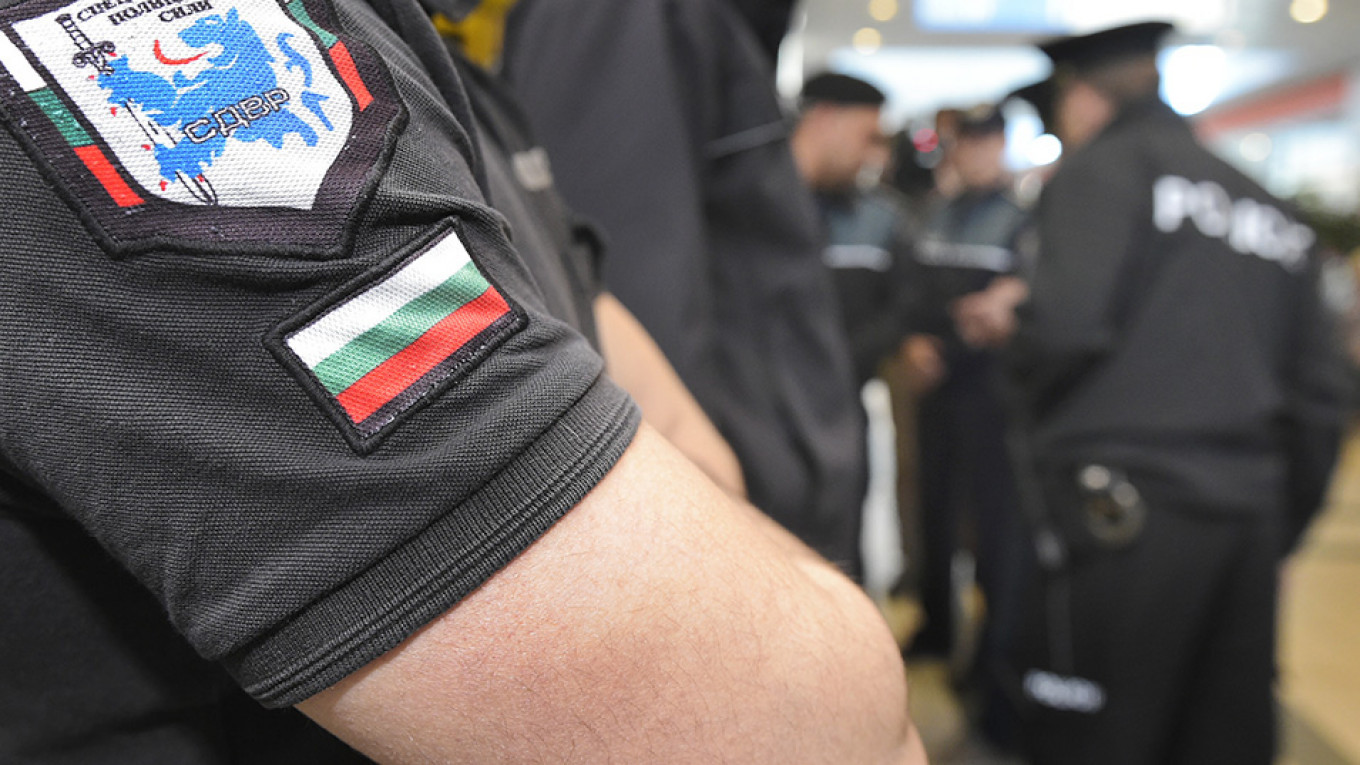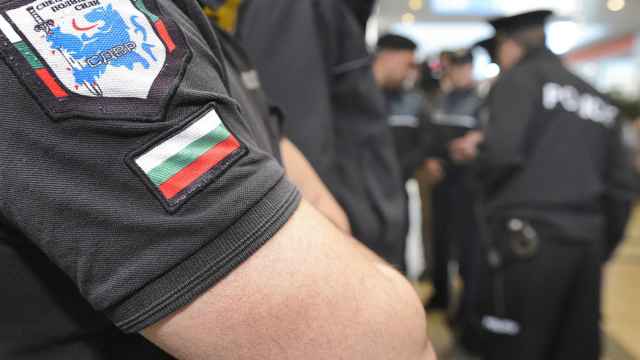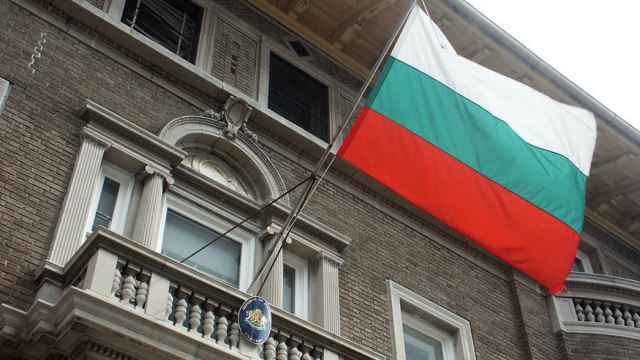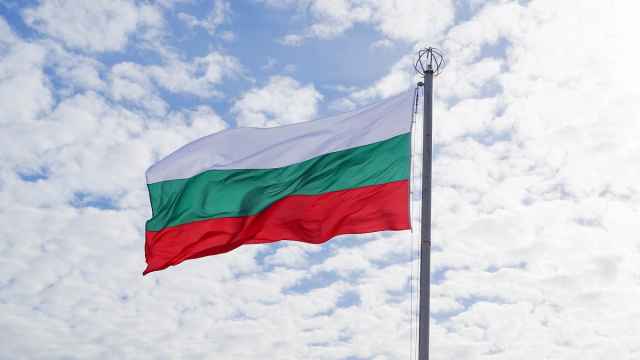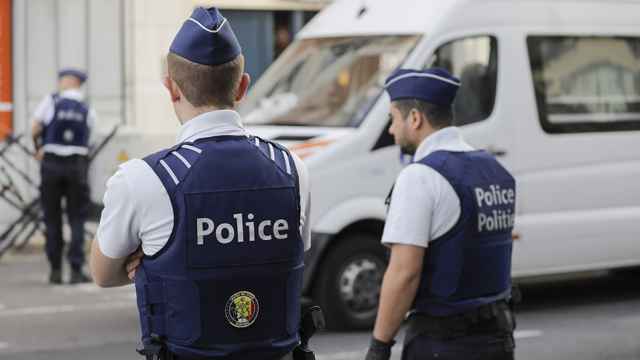One of three Russian men charged with poisoning a Bulgarian arms dealer was an accredited diplomat, according to a joint investigation by Russia’s The Insider news website, the investigative outlet Bellingcat and Swiss media.
Bulgarian prosecutors charged three Russians including Georgy Gorshkov last month with the attempted murder of arms factory owner Emilian Gebrev and two other Bulgarians in spring 2015. The prosecutors said European arrest warrants had been issued and that they would seek the Russians’ extradition to Bulgaria.
Gorshkov was in 2017 accredited as third secretary of the Russian mission to the World Trade Organization in Switzerland under his real name, Yegor A. Gordiyenko, the Bellingcat-led investigation said Tuesday.
Bulgarian prosecutors said Friday that Gorshkov had used the initials E.A.G. The first letter matches the Russian-language spelling of the name “Yegor.”
WTO’s director of external relations Keith Rockwell confirmed to the Swiss outlet Tages-Anzeiger that Gordiyenko’s accreditation ran from 2017-2020. A Swiss foreign ministry spokesperson said his diplomatic accreditation was rescinded on Oct. 31, 2018.
“As he was accredited by Russia through the end of 2020, this marks the first known case when a Russian diplomat is simultaneously wanted for attempted murder under an Interpol Red Notice,” Bellingcat wrote.
Gordiyenko is not listed in any archived copy of the Russian Foreign Ministry’s diplomatic lists. “We have no information of the above-mentioned person,” the spokeswoman for Russia’s mission to the WTO told Tages-Anzeiger.
Gordiyenko left Switzerland for an unknown reason on Oct. 25, 2018, and hasn’t traveled outside Russia since, according to Bellingcat. The website attributed Gordiyenko’s abrupt departure to the string of investigations into the suspects in the poisoning of ex-spy Sergei Skripal in Britain.
The Skripal poisoning suspects include Sergei Fedotov, an alias allegedly used by elite GRU military intelligence operative Denis Sergeyev. Sergeyev’s name has appeared in connection with other suspected Russian activities that a New York Times report linked to Unit 29155, an elite GRU sub-unit tasked with “destabilizing” Europe.
Using their respective aliases, Gordiyenko and Sergeyev left Bulgaria together after Gebrev’s second poisoning attempt in May 2015, Bellingcat reported Tuesday. It noted that that was “Georgy Gorshkov’s” last trip abroad.
Face verification software showed a visual match between the passport photos of “Georgy Gorshkov” and Yegor Gordiyenko, Bellingcat wrote.
Bulgaria reopened its investigation in 2018 after Gebrev told prosecutors he had reason to believe the substance used on him might have been similar to a nerve agent used against Skripal.
Both Gebrev and Skripal survived the poisoning attempts.
A Message from The Moscow Times:
Dear readers,
We are facing unprecedented challenges. Russia's Prosecutor General's Office has designated The Moscow Times as an "undesirable" organization, criminalizing our work and putting our staff at risk of prosecution. This follows our earlier unjust labeling as a "foreign agent."
These actions are direct attempts to silence independent journalism in Russia. The authorities claim our work "discredits the decisions of the Russian leadership." We see things differently: we strive to provide accurate, unbiased reporting on Russia.
We, the journalists of The Moscow Times, refuse to be silenced. But to continue our work, we need your help.
Your support, no matter how small, makes a world of difference. If you can, please support us monthly starting from just $2. It's quick to set up, and every contribution makes a significant impact.
By supporting The Moscow Times, you're defending open, independent journalism in the face of repression. Thank you for standing with us.
Remind me later.


